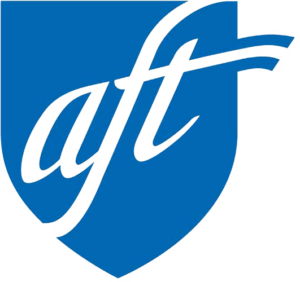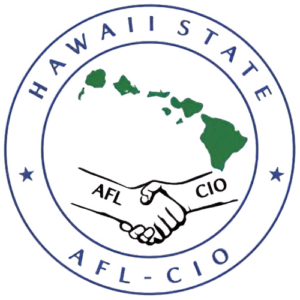SB 2328 proposes that all courses at all UH campuses be required to use instructional materials exclusively from the OER at the UH, beginning with the 2020-2021 school year.
As the chief advocates upholding the quality of the education at the University of Hawaii, UHPA and faculty members submitted testimony against SB 2328 for a hearing before the Senate Higher Education Committee held on Tuesday, Jan. 30. Legislators were urged to defer or reject the proposed bill for sound reasons.
Our Top 10 Reasons UH Faculty Oppose Open Educational Resources Mandate:
1. Infringement on Academic Judgment
Restricting the resources that faculty can and cannot use for their courses infringes on the academic judgment of faculty. Is this a new definition of a state-run university?
2. Impact on Quality of Education
Open source information is usually generic and basic; it is not the cutting-edge information Hawaii university students deserve. Textbooks are written by national experts and contain up-to-date resources on specific subjects. They become future resources for graduates in their vocation and part of their library for life. Putting constraints on what faculty members must use to conduct their courses hampers their ability to educate students with the latest information. An OER mandate will decrease the quality and amount of information students can receive in their classes.
3. Lack of Important Resources
Higher education is a time for students to spread their intellectual wings and delve deep into subjects with passion. Unfortunately, not all instructional materials are available on open access. This limits academic rigor and holds back students from fully exploring subjects. Libraries continue to play a significant role in universities, but at the UH even our libraries have been subject to budget cuts.
4. Significant Funding Requirements
There are other costs associated with OER that on the surface may not be as readily apparent. Even under the best of circumstances, OER cannot provide instructional and research materials without a substantial investment to develop materials and purchase academic resources that are not subject to open access.
5. Cost of Course Development
The cost to construct course content and the methodology for delivery are also worth noting. Depending upon the area of study, specialized technology and software-based resources are required to meet OER standards.
6. Technological Constraints
Eliminating textbooks creates access challenges for both students and faculty members. With the rapid changes in hardware and software, some may have a challenge accessing online materials because of a lack of appropriate tools, internet access, security, access to technical support, and other obstacles. This creates an uneven playing field for student learning.
7. Need-Based Subsidies
With the increase in the cost of textbooks and other instructional resources, there needs to be a corresponding increase in funding for textbooks through subsidies. By decreasing the out-of-pocket expenses for books, the net effect is lower educational costs for students. This can be accomplished through allocations made by the legislature.
8. Legislative Overreach
Simply commanding faculty members to turn over their intellectual property is not only offensive to academic practice, but also fails to recognize that the content may be subject to peer review. Asserting that faculty are required to make their work available to all is contrary to academic protocols. Already, many faculty members voluntarily share their work among their department and students. It is substantial legislative overreach for the legislature to act as the employer by assigning specific duties to faculty members.
9. Alternative Solutions
OER is not a black-and-white, either-or issue. Textbook manufacturers seek to maximize their profits by releasing new versions of books each year with minor changes, such as reordering exercises and adding modest material, and have reduced the number of books that could be used for several semesters. UH faculty, on the other hand, search for the best mix of quality and cost when choosing textbooks. Some use past editions, available on Amazon, halving the cost of a textbook for students. We should encourage OER material when it makes sense and think of more creative ways to lower the costs of educational materials for students.
10. Non-OER Books Facilitate Dialogue
At a time when so many scholars are engaged in writing about social justice and look to publish their work in the near future, this bill unintentionally subverts attempts for students to become scholars who offer a critical lens about race, class, and gender. By mandating what a faculty member may or may not include for course material, we set back the clock on educational resources for the 21st-century learner. At a time when people of color and women face daily harassment and persecution, recent, cutting-edge publications become increasingly crucial for students, teachers, staff, and administrators to engage in dialogue.



